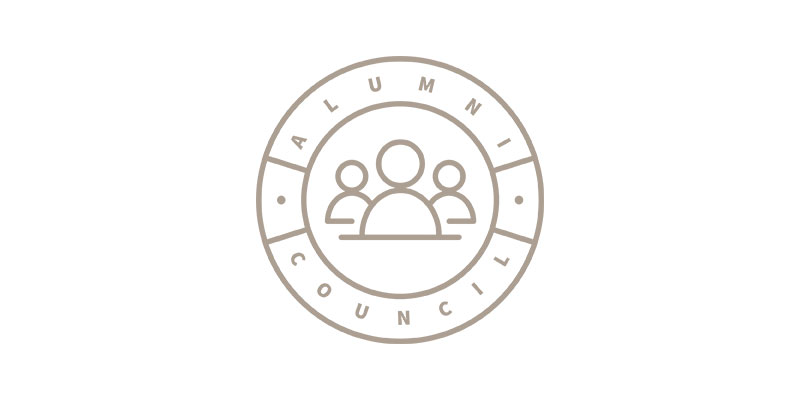Join the Alumni Council

About the Alumni Council
The Council is comprised of up to 18 members, including two non-voting University representatives, no more than 10 members recommended by the Vice-Chancellor and appointed by the University Council, and the six elected alumni representing the six different faculty groups
- Architecture, Building and Planning and Engineering and Information Technology
- Arts and Fine Arts and Music
- Business and Economics and Melbourne Business School
- Medicine, Dentistry and Health Sciences
- Science and Veterinary and Agricultural Science
- Melbourne Law School and Melbourne Graduate School of Education
The Alumni Council is committed to fostering an inclusive environment where diversity is celebrated. You can help us build an Alumni Council which is representative of our vibrant and diverse alumni community by either running for election or by voting for your preferred candidates. Who do you want to represent you? Alumni Council elections take place every two years.
The role of the Council
The Council has a number of roles, including:
- Represent the interests of the University and alumni around the world
- Enhance the student experience and support career-focused initiatives to assist alumni and students
- Guide alumni programming, promoting the University and helping raise philanthropic support
- Be part of and represent an informed alumni voice to help guide services and activities for students
- Provide input as to how the University can continue to improve
- Input into the activities that promote and enrich the student experience
- Provide input in to strategies that resolve key areas of interest for students
- Promote alumni-led career opportunities for students and alumni
- Provide views and involvement in planning and policy in relation to alumni and their role in the University of Melbourne community
The Council normally meets at the Parkville Campus six or seven times a year and will accommodate video conferencing needs, no matter where in the world you are.
Alumni Council members serve a two year term. At the conclusion of their term members can re-nominate if they wish.
Read a copy of the Alumni Council’s latest annual report here.
Election FAQ
-
Can I nominate myself?
No. Self-nominations are not permitted. If you’re interested in being nominated, ask a fellow alum to be your nominator. See the University of Melbourne Statute for more information.
-
As a member of staff, can I stand for election and/or vote?
Paid members of staff who are alumni are ineligible to stand for election. However, staff alumni are eligible and encouraged to vote in the Elections.
-
If I am an honorary fellow, am I eligible to stand for election?
This depends on your relationship with the University. Honorary appointments that receive no salary remuneration are not regarded as staff and can therefore stand for Election. However, if you receive salary remuneration, you classify as staff and are therefore ineligible.
-
Can I stand for re-election after the first term?
Yes. A Council member may stand for re-election after the first term. Membership to the Alumni Council is for two years.
-
What does the role of an Alumni Council Member involve?
The functions and goals of the Alumni Council and the expectations and responsibilities for Alumni Council Members can be found here.
Alumni Council FAQ
-
How is the Alumni Council governed?
The Alumni Council was established in 2011 and reports to the University Council. For more information see:
- The University of Melbourne Statute
- The Alumni Council Regulation (section 15 of Council Regulation)
- The Alumni Council Charter
-
Will my travel expenses as a member be paid?
Parking expenses will be reimbursed.
-
I live overseas - how will I join meetings?
We have a number of channels available for Council members to get involved, but members off-site generally link in via Zoom, a free, easy to use video conferencing platform.
-
Am I expected to attend events? If so, how often?
As alumni ambassadors, it is hoped Council members will make time to attend a small number of events each year.